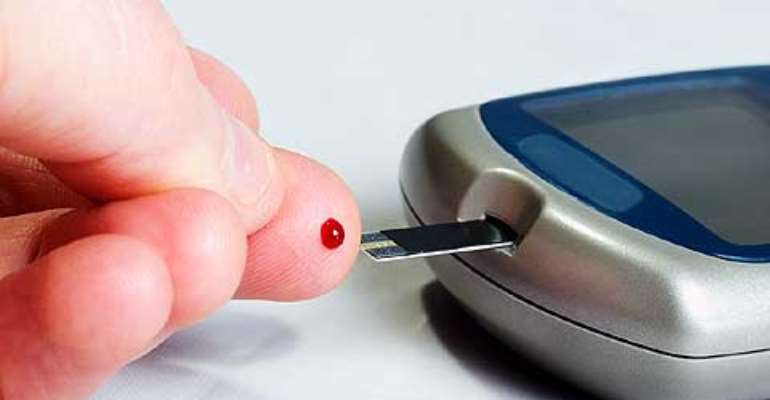DIABETES AND SURGERY

A lot of individuals are afraid of having operations carried out on them, more so those with diabetes. It is a fact of life that people with diabetes who have had surgery are at a higher risk than non diabetics of having severe infection and reduced healing rate following the operation.
The reduced ability of wounds to heal in people with diabetes is due to factors like delayed response of their body to the injury, reduced functioning of their white blood cells which are the soldiers of the body and reduced production of certain cells in the body called fibroblasts that aid wound healing. Older people with diabetes, those that are malnourished and those with damaged their blood vessels and nerves generally heal less well after surgery.
The question thus needs to be asked that, if someone with diabetes requires having a surgery done; can such an operation be carried out safely? The answer is a resounding yes! The operation can range from relatively minor ones like a tooth extraction to major ones like hip replacement or one that will require opening up of the abdomen. If the preparation for the operation is carefully made, the operation will likely be successful and the recovery good.
When people with diabetes know the steps they should take so that they will emerge from their surgery safe and sound, then the fear of having operations will wane considerably. Surgery can either be elective or emergency. In elective cases, both the surgeon and the patient have time on their hands to ensure that all needed preparations are made.
In the person with diabetes, this will importantly include the need to ensure a good blood sugar level control prior to the operation. The surgery should not be carried out until the blood sugar level is under control. In elective cases, the outcome is better most times than in emergency cases when both the surgeon and the patient do not have enough time on their hands to make near foolproof preparations.
In preparing for the surgery, the person with diabetes will have to work closely with his or her Physician in order to avoid too low or too high blood sugar levels in the days preceding the surgery. This will also make for easy blood sugar control during the operation and also reduces the risk of infections and helps to enhance healing.
The need to stop tablets used to treat diabetes and probable substitution with insulin injections a few days before the operation will also be discussed. Prior to surgery, there will be a proper evaluation of the nerves of the individual undergoing the operation as nerve damage resulting from long-term diabetes can lead to catastrophically low blood pressure levels during the operation.
The likely duration, type and extent of the surgery, the type of anaesthetic agent to be used, where it will administered, for how long and the possible side effects should also be discussed with the managing physicians. Complications that may follow the surgery and what time of the day the surgery will be scheduled for should also be discussed.
Also, the person undergoing the surgery has a right to ask about the expertise of the surgeon carrying out the operation and that of the supporting staff. People with diabetes generally have their surgeries carried out in the mornings and are generally put on top of the operating list.
On the day of the operation, indeed from at least eight hours prior to the operation, all oral intakes will be restricted. A glucose infusion containing insulin will be started early in the morning of the operation and will continue until oral intake can be started hours after the surgery.
During the operation, blood sugar levels will be checked every hour and the glucose- insulin infusion will then be adjusted as needed. Insulin injections are generally advised until the wound from the surgery is fully healed.
